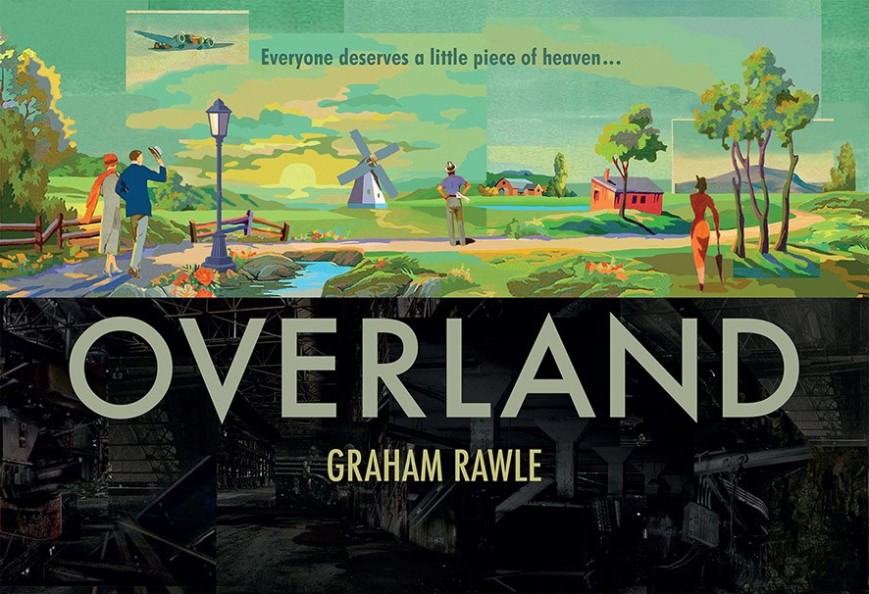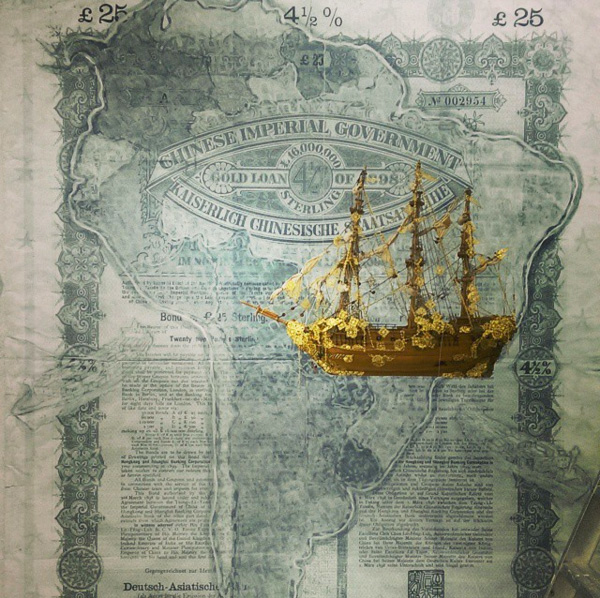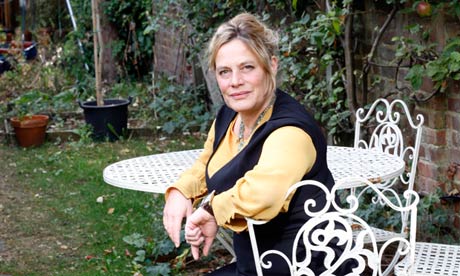Falmouth’s Visiting Professor programme brings international speakers of the highest calibre to the university to share their knowledge, insights and experiences with students, staff and wider public. Visiting Professors are appointed for three years, delivering both public lectures and working with our students during their annual visit. The Falmouth School of Art is delighted to announce new appointments this autumn of the artist Hew Locke as Visiting Professor of Fine Art and illustrator and writer Graham Rawle as Visiting Professor of Illustration.

Hew Locke, 2016, by Charlie Littlewood
Hew Locke is one of Falmouth’s most celebrated alumni and he’s keen to revive his special connection with the university: ‘I am very much looking forward to taking up this appointment, and to travelling down to Falmouth once again. My time at the School of Art was an important part of my career, and experiences I had there still resonate in my work today. I hope in (my) turn to be able to make my own positive contribution to students’ development over the next three years.’
Born in Edinburgh, Locke spent his formative years in Georgetown, Guyana, before returning to the UK to study. He received his BA(Hons) Fine Art in 1988 from Falmouth, then an MA in Sculpture from the Royal College of Art, London in 1994. His investigation of the display of power includes royal and swagger portraiture, coats-of-arms, public statuary, trophies, financial documents, weaponry and costume.

The Nameless (2010), Installation view, Hew Locke. Photo courtesy Hales Gallery.
Maritime imagery and symbolism have been ongoing preoccupations in his work, along with reflections on his upbringing in Guyana. Locke has work in numerous collections including Tate, the British Museum, the V&A, Brooklyn Museum and the Perez Art Museum Miami. He has had solo shows in public galleries in the UK and the USA, and has taken part in Biennials in Hangzhou, China; Kochi, India; Prospect3, Miami; Guangzhou, China; Valencia, Spain and San Juan, Puerto Rico.
Locke’s inaugural Professorial Lecture, for which registration is now open, takes place on Wednesday 16 November, 2016.

Graham Rawle. Photo credit: Jenny Lewis
Internationally admired, Graham Rawle is one of the UK’s most interesting and original visual communicators, perhaps best known for his long running ‘Lost Consonants’ strip, which first appeared in the Guardian in 1990. His flair and passion for education has also been recognised through honorary appointments and awards. As a previous contributor to both Falmouth School of Art’s guest speaker programme and its Illustration Forum he already has a strong interest in Illustration here.
Of his appointment, Rawle says, “It’s a great honour for me to have been made Visiting Professor of Illustration at Falmouth University. I have long admired the School of Art’s commitment to nurturing original and individual thinking in art and design. My own research in sequential design and visual narrative spans across illustration, literature and, more recently, film. I’m interested in how the principles of storytelling, particularly three-act structure, can be employed in the development of design strategies across a wide range of disciplines. I look forward to finding ways of making connections with students, staff and researchers at Falmouth”.

(C) Graham Rawle, Woman’s World, close-up
Rawle is a writer and collage artist whose visual work incorporates illustration, design, photography and installation. He has produced regular series for The Observer, The Sunday Telegraph Magazine and The Times and among his published books are The Card, The Wonder Book of Fun, Lying Doggo, and Diary of an Amateur Photographer. His collaged novel Woman’s World, created entirely from fragments of found text clipped from vintage women’s magazines won wide critical acclaim, described by The Times as ‘a work of genius…the most wildly original novel produced in this country in the past decade.’ His reinterpretation of The Wizard of Oz won the Best Illustrated Trade Book Award as well as 2009 Book of the Year at the British Book Design Awards. The Card, was shortlisted for the 2013 Writers’ Guild Award for fiction.
Rawle has established himself as a ground-breaking research-led writer, illustrator and designer, evidenced through the range and depth of key scholarly texts that cite and analyse his work. He teaches on the MA Sequential Design/Illustration and MA Arts and Design by Independent Project courses at Brighton and in 2012 he was awarded an honorary doctorate for Services to Design from Norwich University of the Arts. He will give his inaugural Professorial Lecture at Falmouth in March 2017.

































